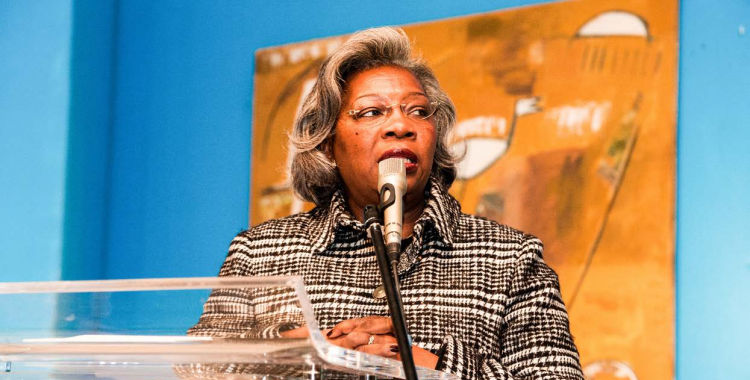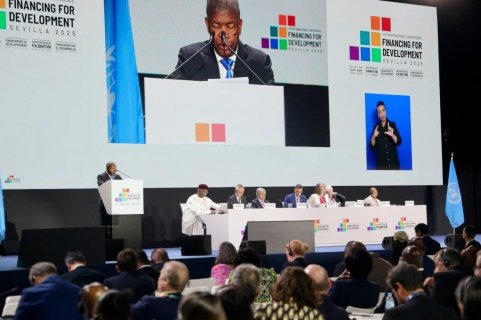On the eve of Angola to celebrate 45 years of independence, to be celebrated on the 11th, the researcher and university professor, who lived the date in hiding, listening to the news on the radio lying on the ground and in a city occupied by South African troops, admitted that the country still "does not have a general history today".
The history of Angola continues to be made "in parts", but with more information about the period of Portuguese presence and post-independence, than in relation to its initial phase of life, he explained.
And "as there have been no studies by Angolans for the period prior to the Portuguese presence, sometimes one starts to think that Angola exists only with the arrival of Portuguese," he said.
When the country "is millennial and has evidence of human existence, social and economic organization, the formation of kingdoms and states", with the existence of "five or six great kingdoms", he stressed.
In the opinion of the former Minister of Culture, this lack of knowledge "has consequences" for the country, because "the ego of the human person, of the citizen must be done with all parties".
In Angola "the ethnic groups are interconnected. There is not one that forms itself. There is no ethnic group that, to tell its story, does not have to refer to an origin further back, but that is in the north, in the east or in the south "and that is linked to that of another ethnicity, says the historian.
This story would allow "showing the points of union rather than disunity" among Angolans, he stressed, considering that in order to build a country, there must be "consensus, unity, and, above all, centrifugal forces".
Despite this, "there is an effort" to make the sense that, "in primary education, there is already knowledge about the starting point of the settlement of the territory until the Portuguese presence", he added.
In the opinion of the former minister, who integrated the MPLA since she was a young girl, in general education in the country, but above all in the basics, the information "is still very sparse and very short on history in general".
"This great gap", however, can be corrected over time, because according to the historian, the subject has already been discussed with the Government and it is open to this more in-depth teaching of history.
In the 1980s and 1990s, during the civil war, "we were in a single party system and the history of this specific period, it is not that it was distorted, it spoke of the difficulties arising from the situation of the foreign presence with which the Government and the party fought to defend the territory ", he recalled.
The story had the component of the liberation movements, which could not be ignored, "but there was no more detailed information about the other two movements," he said.
In that teaching model, the other two movements [Union for the Total Independence of Angola, UNITA and the National Front for the Liberation of Angola, FNLA] "were seen in a negative perspective, because they were allied with forces that invaded the country and that wanted prevent ", independence.
Thus, "independence was proclaimed with the two opposing forces, one in the north and the other in the south, trying to prevent its realization", told the story of the time, since primary school.
Now, it is explained to the students that there were three independencies in the country and that only one was recognized, he said.
According to Rosa Cruz e Silva, today there is also "more documentation already more published works, by foreigners, Angolans, military and civilians (...) on the facts in their true dimension".







